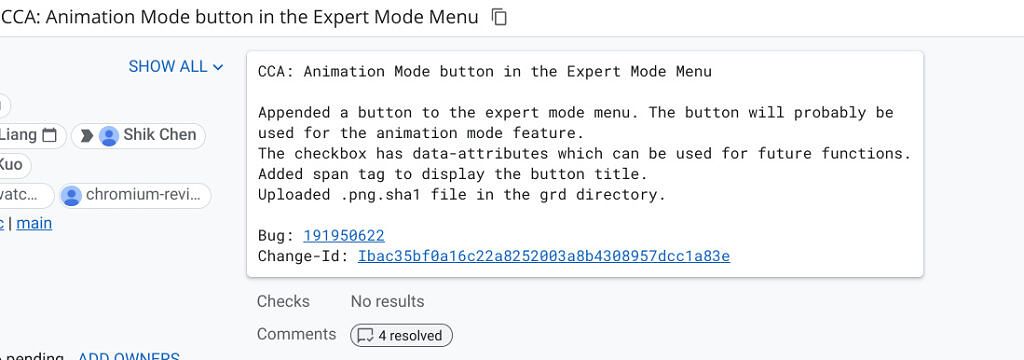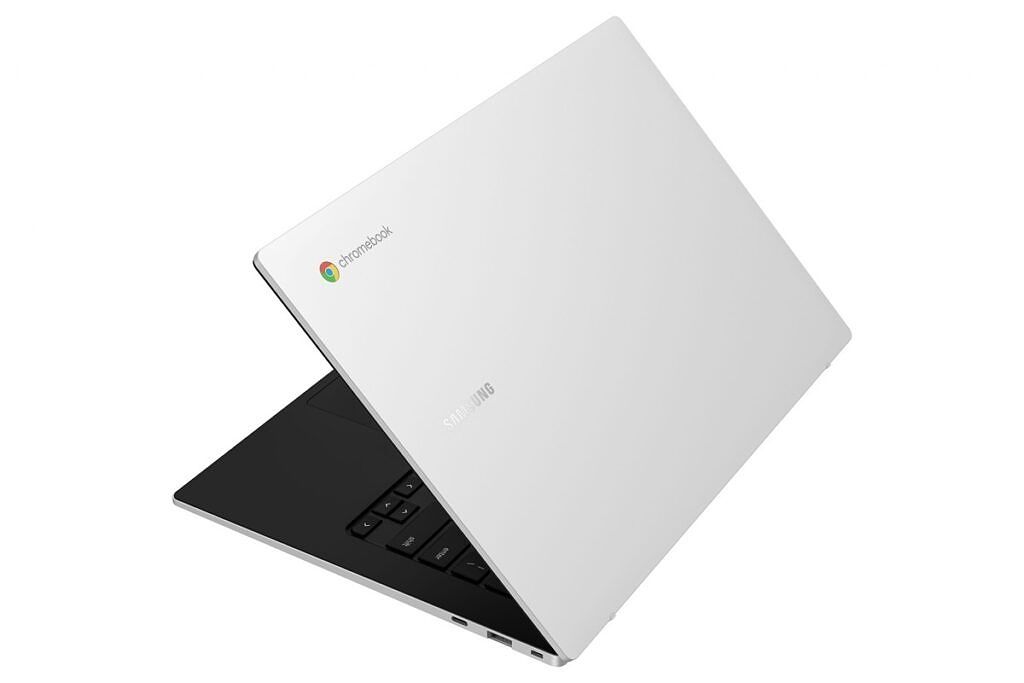Another week in the books. It was a fairly slow news week for Chrome OS, especially compared to the onslaught last week. There were a couple key hardware announcements, including Samsung's release of more info on the Galaxy Chromebook Go LTE. We now know that Google is working on a custom GIF maker for Chrome OS. Not something I'm sure anyone asked for, but more features are always nice in any form.
If you like cookies, there was a bit of news this week on Google slowing the roll out of FLoC for tracking user groups online. This isn't the sexiest news out there, but it's pretty important if you care about online privacy.
Enough of the appetizers, let's run down the top stories one-by-one.
GIF maker coming to Chrome OS camera app
The camera app on Chrome OS isn't exactly a bastion for innovation or new features. Of all the stock apps, the camera probably gets the least attention from Google. If that makes you sad, the good news is that the camera app is getting a new fancy GIF maker in a future Chrome OS release.
Originally spotted by a tipster and published by Android Police, this Chromium Gerrit commit makes it pretty clear that GIFs are coming to Chrome OS very soon. We're not entirely sure how this feature will work just yet, as the details are pretty limited. However, if you're on the Canary channel you can keep an eye out for it in a future update.
Obviously, GIFs aren't the most important feature for getting work done, but there's nothing wrong with the occasional silly meme. Bringing features likes this to Chrome OS helps Google further attract a wider user base for Chromebooks.
FLoC gets pushed back (sorry, or you're welcome?)
Google’s Federated Learning of Cohorts – or FLoC – is a transition the company is making to move away from third-party cookies. The idea is that FLoC groups individuals together based on different interest groups for advertising as opposed to targeting them specifically. While this probably sounds pretty good on a personal level, keep in mind that this gives Google an unfair advantage over other publishers.
When FLoC was first introduced, plenty of groups spoke out about the change and it appears Google is reconsidering the timeline and implementation of FLoC as a whole. You can view the updated timeline at privacysandbox.com/timeline. Basically, this means Google isn't going to roll out their new approach to cookies until late next year. It also appears they may revise the way FLoC works from the ground up to minimize some of the initial criticism.
Galaxy Chromebook Go LTE getting surprise feature
We've talked a little bit about the Galaxy Chromebook Go already. It's a fairly attractive Chromebook targeted at education users, priced at $299 for the WiFi model. In addition, we knew an LTE-enabled variant of this device was coming at some point. This week Samsung posted a video teaser for the LTE version, with a little surprise hidden in there.
If you look at the original specs sheet for the Galaxy Chromebook Go, it does not feature a touch screen. Most everyone then presumed the LTE model would also be a clamshell-only Chromebook. It appears that is not the case, as Samsung's promotional video for the LTE Chromebook Go shows off children tapping away on the screen. This seems like evidence of a touchscreen on the LTE variant, as I highly doubt Samsung would make such a large advertising gaffe.
We still don't know the price for the Chromebook Go LTE, but you can expect it will be significantly higher than the WiFi model. I'd guess somewhere around $420-$479.
Multiple media app instances coming to Chrome OS
Perhaps the most exciting and simultaneously boring upcoming feature unearthed this week: Your Chromebook will soon allow you to run multiple media app instances. If this sounds kinda basic, it really is. Linux, Windows, and macOS have had this capability forever. Currently, on Chrome OS the local media app only magically appears when you open something. That also means you can't have multiple images together side-by-side for comparison or other research purposes.
This is really one of the silliest things about Chrome OS in my opinion, but Google likely doesn't want the local app to supersede their precious Photos app in users' minds. Luckily, the Canary channel recently received the option to run multiple media instances with the media viewer. This should trickle down to the other channels eventually, which is a good thing for all Chromebook owners.
Google should really rethink their strategy with media on Chrome OS as a whole. They could easily invoke the Photos PWA each time a photo opens on a Chromebook. This could accommodate multiple media instances and make things a whole lot less confusing. Plus, Google gets to promote one of their favorite cash-cow apps even more. It's a win-win for everyone!
ASUS CX9 review coming next week!
The last bit of news this week is just a little bit of hype for a big review coming next week. I've now had the i7 model of the ASUS Chromebook CX9 for exactly one week, as I'm writing this article. This weekend I'm going to get to work on what should be a fairly long review. I have a lot to say about this Chromebook. If you've been on the fence about purchasing this device, make sure to look out for my review next week.
And that's it for me this week. I expect to see more exciting Chromebook releases in the next month or so, especially with back to school season in full swing. I'm also planning plenty of coverage around utilizing Chromebooks for technical degrees and engineering as colleges get back in session this fall.
As an applied mathematician and professor, making a Chromebook do everything I need for research has always been one of my favorite hobbies. If you're interested in pushing the limits of your Chromebook, look out for some cool stuff here at XDA. See ya next week!



